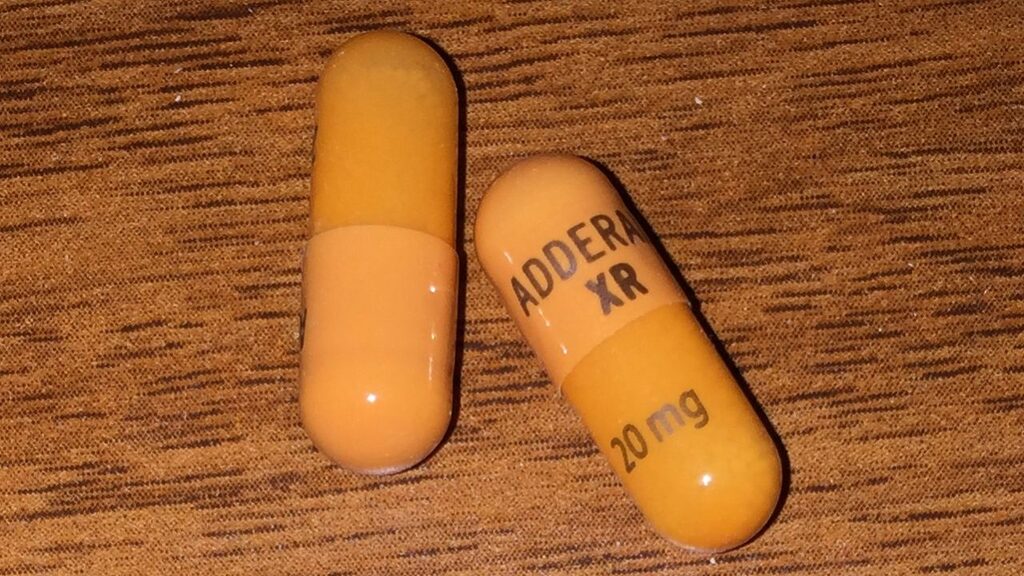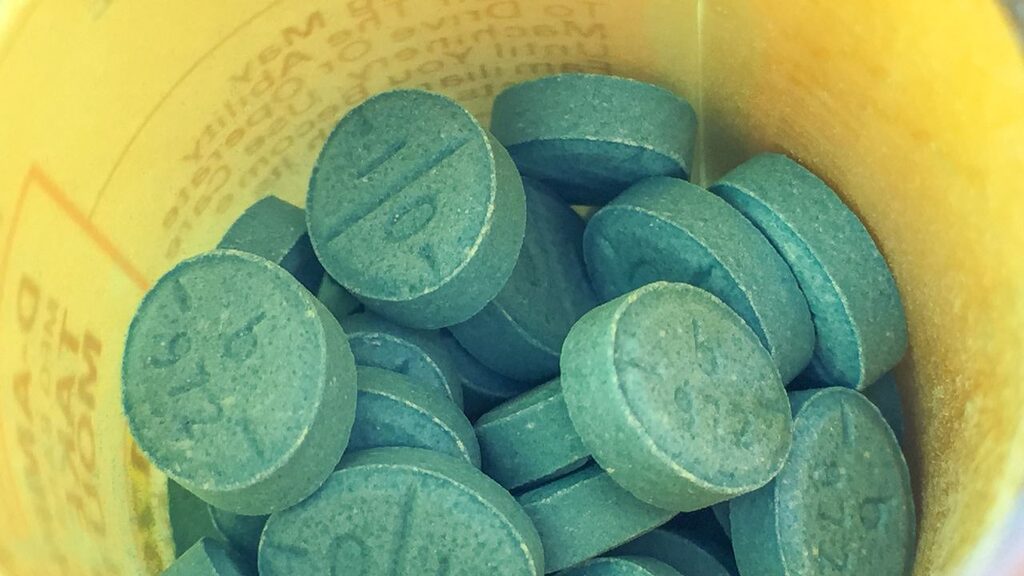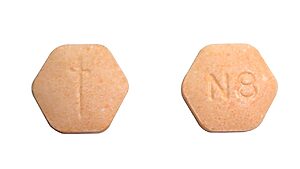Adderall, a prescription stimulant medication commonly used to treat attention deficit hyperactivity disorder (ADHD) and narcolepsy, has become increasingly misused and abused in recent years. In Texas, the growing problem of Adderall addiction has led many individuals to seek professional help. Texas Recovery Centers, a leading drug and alcohol treatment center, offers comprehensive care for those struggling with Adderall addiction.
What is Adderall?
Adderall is a combination of two stimulant drugs, amphetamine and dextroamphetamine. It is classified as a Schedule II controlled substance due to its high potential for abuse and dependence. When prescribed and taken as directed, Adderall can help improve focus, attention, and alertness in individuals with ADHD or narcolepsy.

How Adderall Works in the Brain
Adderall works by increasing the levels of dopamine and norepinephrine in the brain. These neurotransmitters play a crucial role in regulating attention, motivation, and reward-seeking behavior. By enhancing their activity, Adderall can improve cognitive function and reduce symptoms of ADHD.
The Rise of Adderall Abuse
In recent years, Adderall abuse has become increasingly prevalent, particularly among college students and young professionals seeking to enhance their academic or work performance. Many individuals misuse Adderall to stay awake for extended periods, improve concentration, or experience a euphoric high. However, this misuse can quickly lead to addiction and serious health consequences.
Understanding Adderall Addiction
Adderall addiction occurs when an individual develops a compulsive need to use the drug despite negative consequences. When misused or taken without a prescription, Adderall can lead to physical dependence, causing significant harm to an individual’s physical and mental health.
Signs and Symptoms of Adderall Addiction
Signs of Adderall addiction include taking higher doses than prescribed, craving the drug, and continuing to use despite negative consequences. Physical symptoms may include sleep disturbances, weight loss, and heart palpitations. Psychological effects can range from anxiety and depression to paranoia and hallucinations. Other warning signs may include:
- Crushing and snorting Adderall pills
- Taking Adderall without a prescription or in higher doses than prescribed
- Experiencing withdrawal symptoms when not using Adderall
- Neglecting responsibilities and relationships due to Adderall use
- Engaging in risky behaviors while under the influence of Adderall
The Dangers of Adderall Abuse
Long-term Adderall abuse can lead to severe health consequences, such as cardiovascular problems, malnutrition, and cognitive impairments. Additionally, individuals who abuse Adderall are at a higher risk of developing other substance use disorders and mental health issues. Some of the most serious risks associated with Adderall abuse include:
- Cardiovascular issues, such as high blood pressure, heart attack, and stroke
- Malnutrition and severe weight loss
- Increased risk of seizures
- Psychosis and paranoia
- Increased risk of suicide and suicidal ideation
Adderall Addiction Treatment at Texas Recovery Centers
At Texas Recovery Centers, a team of experienced professionals provides a multi-faceted approach to treating Adderall addiction. The first step is a comprehensive assessment to determine the severity of the addiction and identify any co-occurring mental health disorders. This evaluation helps create a personalized treatment plan tailored to each individual’s unique needs.
Medically Supervised Detox
Treatment for Adderall addiction typically begins with a medically supervised detox program. During this process, patients receive 24/7 care and support to manage withdrawal symptoms safely and comfortably. Medications may be prescribed to alleviate discomfort and reduce cravings. Common withdrawal symptoms associated with Adderall addiction include:
- Fatigue and excessive sleepiness
- Depression and irritability
- Increased appetite
- Vivid, unpleasant dreams
- Sluggish thoughts and difficulty concentrating

Evidence-Based Therapies
Following detox, patients engage in various evidence-based therapies, such as cognitive-behavioral therapy (CBT) and motivational interviewing (MI). These therapies help individuals identify and change negative thought patterns and behaviors associated with addiction. Group therapy sessions provide a supportive environment where patients can share their experiences and learn from others in recovery. Other therapies offered at Texas Recovery Centers include:
Holistic Approaches to Treatment
In addition to traditional therapies, Texas Recovery Centers offers holistic treatments, such as yoga, meditation, and art therapy. These activities promote stress reduction, emotional regulation, and overall well-being. Family therapy is also available to help repair relationships and establish a strong support system for long-term recovery. Holistic approaches can also include:
- Nutritional counseling
- Exercise and fitness programs
- Equine-assisted therapy
Dual Diagnosis Treatment
Many individuals struggling with Adderall addiction also have co-occurring mental health disorders, such as anxiety, depression, or bipolar disorder. Texas Recovery Centers provides comprehensive dual diagnosis treatment to address both the addiction and the underlying mental health issues simultaneously, improving the chances of a successful recovery. Dual diagnosis treatment may involve:
- Integrated treatment planning
- Medications for mental health disorders
- Specialized therapy groups for co-occurring disorders
- Collaboration with mental health professionals
Aftercare Planning and Support
As part of the comprehensive treatment plan, Texas Recovery Centers provides aftercare planning and support. This includes connecting patients with local support groups, such as Narcotics Anonymous (NA) and SMART Recovery, and offering ongoing individual therapy sessions. Aftercare planning helps patients transition back into their daily lives while maintaining their commitment to recovery. Other components of aftercare may include:
- Sober living arrangements
- Alumni support programs
- Ongoing family support and education
The Importance of Seeking Professional Help
Attempting to overcome Adderall addiction without professional help can be challenging and potentially dangerous. Withdrawal symptoms can be severe. By seeking treatment at a reputable facility like Texas Recovery Centers, individuals can receive the support, guidance, and tools needed to achieve and maintain long-term recovery.
Get Help For an Adderall Addiction Today
If you or a loved one is struggling with Adderall addiction, know that help is available. Texas Recovery Centers is committed to providing compassionate, evidence-based care to help individuals overcome addiction and achieve lasting recovery. Don’t wait any longer; take the first step towards a healthier, addiction-free life. Call Texas Recovery Centers today at 888-354-2194 to learn more about our Adderall addiction treatment programs and start your journey to recovery.













